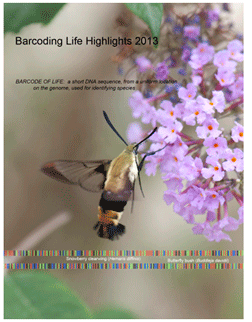Produced by PHE associate and acoustician Perrin Meyer, polartide.org is an interactive meditation on time, oil stocks, and sea levels for the Maldives Pavillion at the 55th Venice Biennale. polartide takes in data from two sources, sea water levels and oil stock quotes, and maps these numbers onto an interactive graph. Clicking the graph buttons, you hear a sonification of the data on your computer. Clicking on the buttons you also trigger those sounds to be played live at the Maldives Pavillion in Venice and at an exhibition in Berkeley, California as well. You are contributing, with your clicks, to the way the artwork sounds. More info at
https://polartide.org/help.html
Team: Greg Niemeyer (Data Artist); Chris Chafe (Composer); Perrin Meyer (Producer)); Rama Gottfried (Sound Artist)
